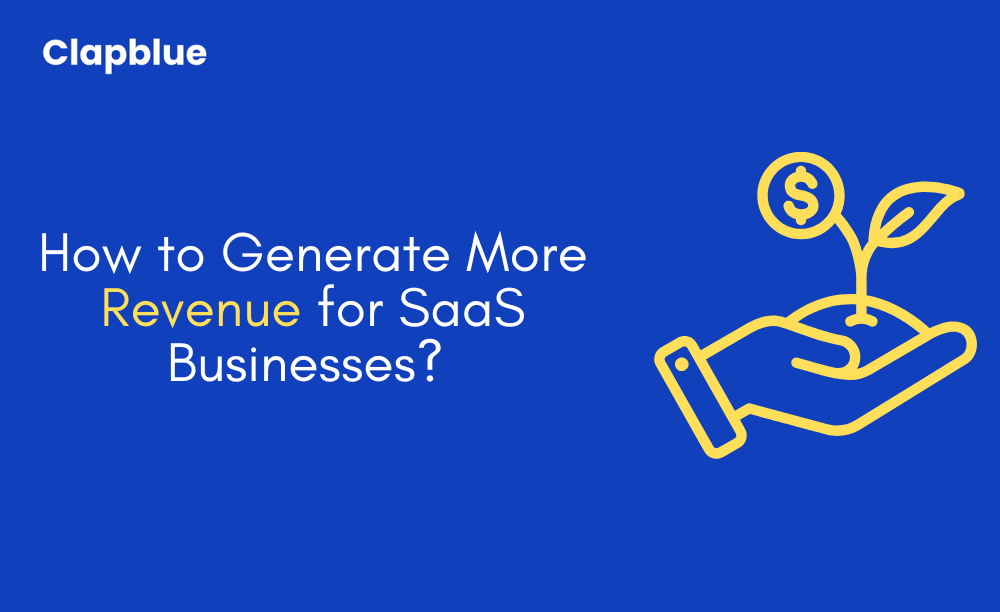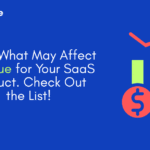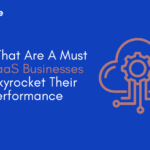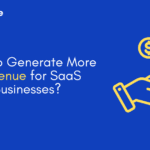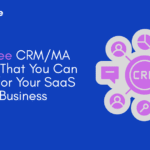Revenue generation is the process of generating income for a business through a set of strategic actions—ranging from setting goals to marketing, sales, and customer success. Since businesses cannot survive without revenue, it should be a top priority for management and all key departments.
Understanding the Revenue Funnel
Not every visitor to your website or user who signs up for your service will immediately become a paying customer. That’s why it’s crucial to understand the revenue funnel (also known as the sales funnel)—a framework that helps guide prospects toward conversion.
The revenue funnel typically includes the following five stages:
- Awareness – The prospect becomes aware of your product or service.
- Interest – The prospect shows interest by visiting your website or downloading content.
- Evaluation – The prospect researches your product and compares it with alternatives.
- Decision – The prospect decides to proceed and initiates a discussion or negotiation.
- Purchase – The prospect makes the final decision to buy your product or service.
Key Elements Responsible for SaaS Revenue Generation
Define Your Company Goals
Start by clearly defining your business goals. Without clarity, efforts may be misaligned.
Craft a Solid Plan
Without a detailed and thoughtful plan, even the hardest efforts can fail. Align your plan with your goals and success factors.
Build a High-Performance Team
Having a competent and driven team is key to achieving any company objective.
Delegate Tasks Effectively
Assign tasks based on your team members’ skills and strengths to enhance productivity and outcomes.
Ensure Team Coordination (Marketing, Sales & Customer Success)
Avoid silos. Seamless collaboration and open communication between departments are vital for achieving revenue goals.
Use High-Quality Data
With so much data online, identifying the right audience is a challenge. Access to high-quality, targeted data is crucial for effective marketing.
Focus on Revenue-Oriented Marketing
Not every channel will work for your business. Choose marketing channels that align with your audience and business goals for better ROI.
Provide Exceptional Support
Poor support frustrates prospects and customers. Delivering prompt, helpful support builds trust and prevents churn.
Master Negotiation
Negotiation is a critical stage in converting prospects. Prepare well to handle objections and close deals effectively.
Streamline Onboarding
Onboarding is a golden opportunity to impress customers and start building a lasting relationship.
Nurture Your Customers
Building a long-term relationship boosts customer lifetime value. Some ways to nurture customers include:
- Onboarding/transactional emails
- Automated emails for various interactions (welcome, updates, blogs)
- Event or webinar invites
- Holiday/festival greetings
- Product update announcements
- Discount offers or coupons
- Check-ins for feedback or issues
- Support materials
- Fast, responsive customer service
- Multiple support channels
Departmental Roles in Revenue Generation
Marketing
Focus on generating high-quality leads and monitoring where they are in the funnel. Maintain communication with pre-sales, sales, customer success, and account executives to align goals and feedback.
Pre-Sales
Train this team to represent your company and product professionally and effectively to prospects.
Sales
Once a lead is qualified, sales should focus on further engagement, meetings, and calls to move the prospect through the funnel and close the deal.
Customer Success
This team ensures continued customer satisfaction by handling onboarding, support, feature updates, and maintaining strong relationships post-sale.
How to Generate More Revenue?
Increase the Number of Customers
Only 5–10% of website visitors may convert depending on the industry. More leads = more customers = more revenue.
Provide Real Value to Customers
A strong product that solves real problems and delivers what’s promised is essential. Great products build trust and drive repeat business.
Focus on Retention and Repeat Customers
Encourage repeat purchases through:
- Coupons
- Festival offers
- Combo deals
This increases:
- Average transaction size
- Purchase frequency
Raise Your Prices Strategically
As your product improves and costs rise, adjust your pricing accordingly to reflect added value.
Engage Regularly with Customers
Consistent engagement can:
- Increase upgrades
- Encourage cross-sells
- Drive referrals
The Role of Tools in Revenue Generation
Using the right tools helps you collect and analyze data to make informed decisions that impact your bottom line. Some recommended tools include:
- Web Analytics: Google Analytics, Kissmetrics, Matomo
- Product Analytics: Amplitude, Mixpanel
- Heatmaps: Hotjar, Microsoft Clarity, Lucky Orange
- CRM/Marketing Automation: HubSpot, Zoho
- Business Intelligence: Tableau, Microsoft Power BI
Conclusion
To drive more revenue for your SaaS business, you need to align goals, strategies, teams, and tools. While the process may be gradual, consistent execution of these best practices will ultimately lead to success. Focus on creating real value for customers, nurturing relationships, and continuously optimizing your approach.





